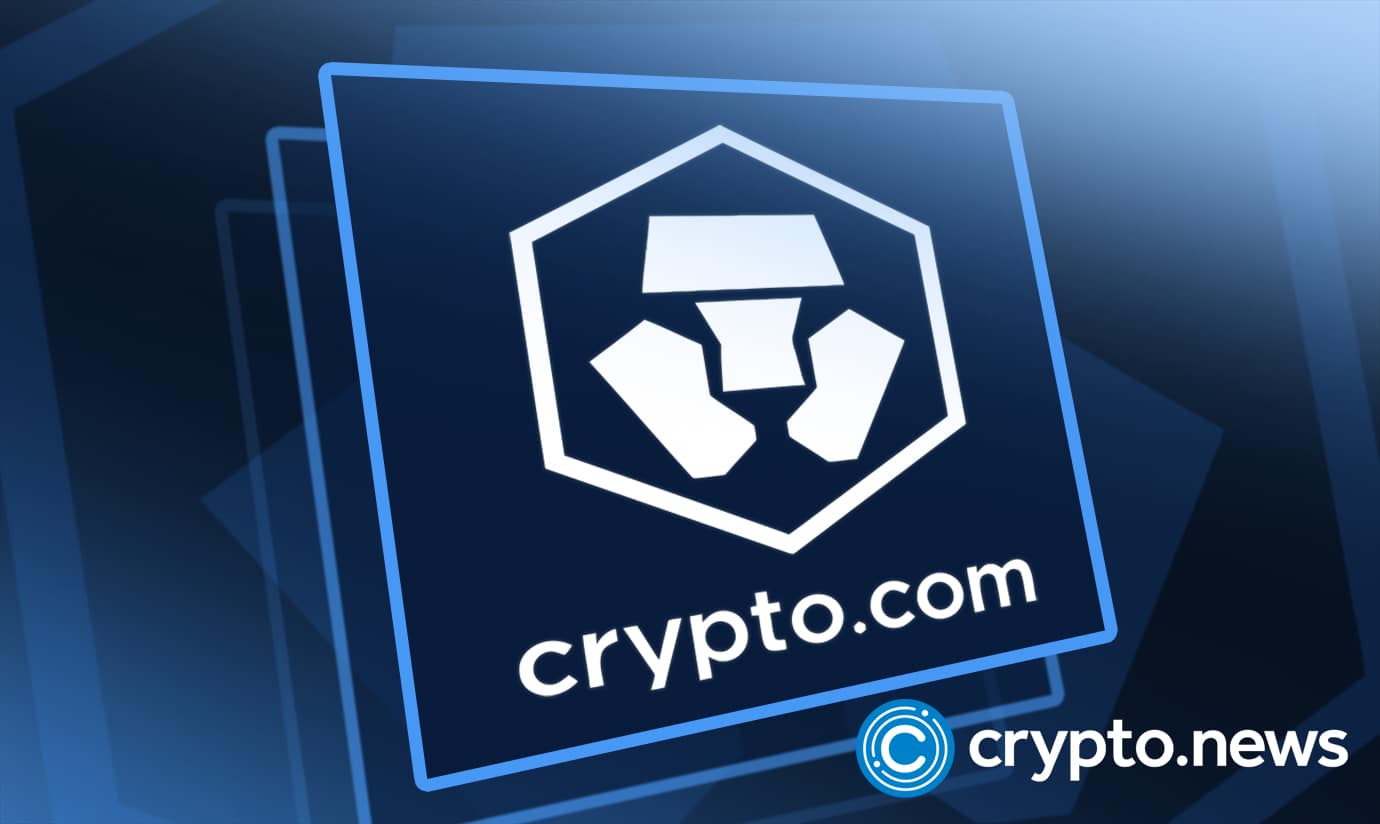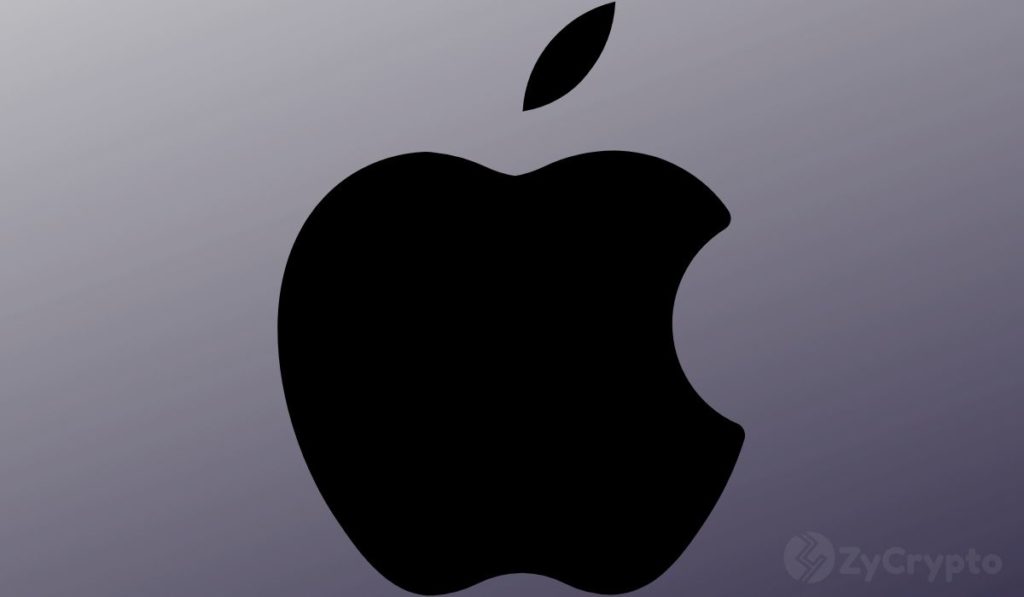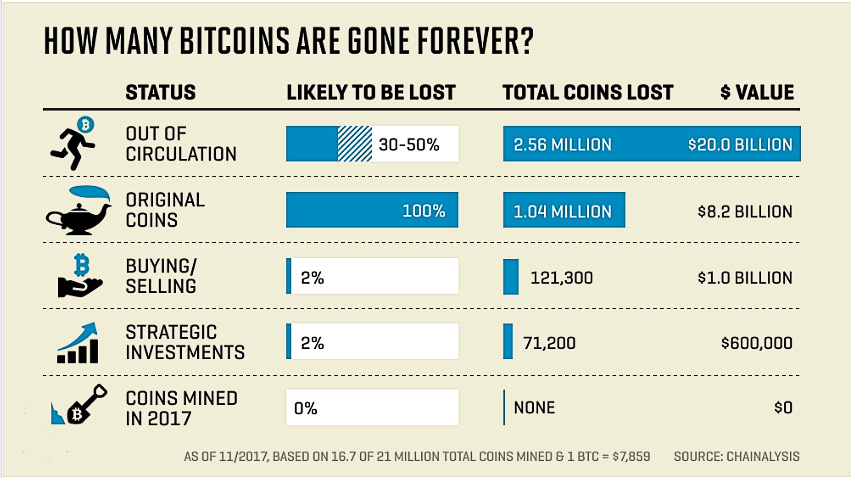2021-12-16 18:00 |
BeinCrypto spoke to Ouriel Ohayon, CEO of ZenGo. He discusses how crypto will move into mainstream adoption and how this won’t involve self-custody as we currently know it.
“Not your keys, not your coins” is one of the hallmark sayings in the cryptocurrency world. While many people may start investing through centralized exchanges, there is a huge emphasis on self-custody as “true” crypto.
While the ethos behind this may be to the benefit of the end-user, the practicality of self-custody is a lot more precarious. Users have lost their keys, never to see their coins again.
This is an issue that Ouriel Ohayon and the team at ZenGo are working to remedy. Called the “crypto wallet for everyone,” they aim to make ownership decentralized and simple but not as precarious.
Crypto is the future but how will we get thereCurrently, the crypto space is expanding at impressive rates. However, for those participating, it still remains part of their overall assets and investment.
While some may have gone all-in and even pay for goods in cryptocurrencies, the systems to make this possible are still not streamlined.
Upon seeing these hurdles, Ohayon wanted to do something about them.
“I understood that blockchain technology would be the future of our digital economies. Not just for trading, but for many, many types of applications, and therefore, wallets would become the primary gateway to those applications. Now it’s becoming even more obvious with NFTs and blockchain gaming and stuff like that at the time. It was not, but it was clear it was going to happen at some point.” he says.
“I was extremely frustrated with every single word I was trying. I could not imagine products that were hard to use, complicated to set up, hard to secure. We needed something that was the order of magnitude better, both at the usage level and security level.”
“There is no I forgot my password”For Ohayon, the difficulties of wallets are a fundamental flaw.
“Every single wallet, all of them. Mobile hardware, paper wallets, desktop wallets, you name it, are based on a public and private key. The question is how those solutions protect the private key, which is the password that you know, conditions, security, and your ability to control your funds. If you lose it, it’s game over. There is no I forgot my password button in those systems,” he says.
“It’s a single point of failure in the sense that this single line of code or the single password can compromise everything and what we seen, in essence, is that on a daily basis, people are losing their funds, either because they are being attacked, or fished or because they make human errors. Which is something very, very, very common.”
Building from the ground upFrom this starting point, the team decided to build their solution. Something simple, secure, and manageable.
“So we had to start with a blank page. We knew what the problem was. It was that those solutions would not scale to billions of people. They may scale to some millions of people, which is the case today, but we already see that the needs of that, and so we need some new approach.
“So we decided to work on new groundbreaking technology, which is based on multi-party computation. It was a new type of cryptography that was not used for wallets at the time. Also on a new way to authenticate a user in a wallet so they could have very quickly, very safely, a wallet that could not be hacked, attacked, and that they could not lose.”
“Okay, so that was the basic starting point. And based on that, we started to build the layers that make this wallet a very useful wallet to use in day-to-day life, not just for trading but for anything in crypto. So that’s the journey we went through. Fast forward two years after launch, and we serve, you know, hundreds of thousands of users around the world.” he says.
A decentralized key for your cryptoTo prevent the risk of attacks and mitigate human error, Ohayon and his team turned to decentralization.
“We decided to decentralize the private key, in other sense to never generate in the first place, and instead use zero-knowledge secrets that are independent, regenerated, where none of them is a single point of failure, meaning if someone takes over your phone or takes over our server or something like that, there is no systemic risk that can happen,” he explains.
“That would allow us to build on top of that, you know, sophisticated authentication mechanisms. Where at no point you have to remember or write or give away a secret. So that means that if someone asked you what is your private key, what is your code, right, there is nothing to give right?”
“So the way we built it is on one side to use advanced cryptography based on multi-party computation, which is basically this the science to decentralize secrets. Second to build an advanced password-less authentication mechanism, where at no point do you have to write down the password or something to remember,” he explains.
Without this written key, Ohayon and his team turned to biometrics to authenticate the wallet. These are encrypted to the person’s phone, not on external servers owned by ZenGo.
“Meaning that we cannot see it and no one else can see it. [This is] to authenticate you in a way that is an order of magnitude safer than any other passwords,” he says.
The team has also put safeguards in place should there be issues. The first is through account recovery via your personal cloud backup. In addition, should your biometrics (i.e., face) change for some reason, you can include a trusted face of another person as support.
Unpacking ‘Not Your Keys, Not Your Coins’In addition to attack and human error, self-custody as it currently stands has a scaling issue. For Ohayon, those who don’t see this as an issue focus on their preferred narrative without considering the facts.
“The industry is based on many narratives that are not necessarily scalable. People repeat without thinking that your keys, not your currency and all these kinds of things. But they don’t understand the meaning of it.”
“For many years, people were convinced that the best way to send a message was to send a fax. Okay, and you should never fax you couldn’t send a message fast. Until people realize there was the email, right, but then you had people saying, well, but I spent this fax machine, so if it’s not my fax, it’s not my message, right. So there is always kind of the question of is the narrative at a given time, the right narrative forever?” he explains.
It comes down to who controls your cryptoFor Ohayon and his team, there can’t be only one narrative in a space like crypto. He explains that this is already clear in how the crypto world is evolving.
“The vast majority of cryptocurrencies are not stored in crypto wallets. The vast majority of crypto cryptocurrencies are stored on a centralized exchange. So you can repeat as much as you want not your keys, not your coins. People don’t care people will use something that makes sense for them and not for a few people that are religiously repeating something without thinking about the meaning of it.”
“What we do think is important is that you should be in control of your coin. That’s the meaning of not your key, not your coin. If you’re not in control, then you cannot participate in the digital economy. So if your funds are on an exchange, you are not in control because the exchange imposes the rule of how you can operate with them. So the real narrative that matters is not ‘not your keynote your coin,’ it is do I control my coin, right?” he explains.
“So if you control your coin, then this is a completely different narrative, and this one matters because this is the one that enables people to participate truly and fairly into the digital native economy. So we are building for that narrative, so people are in control in a safe way.”
What is misunderstood about exchanges and walletsWhile Ohayon sees hardliners as being staunchly against centralized exchanges, he also sees the other side. Some entering this space see centralized exchange wallets as adequate when this is not the case.
“I think the thing that is becoming more and more apparent by the day is that if you leave your funds on an exchange, they control your funds and you can lose everything but the reality is that is not really the problem. It is a problem. But you know, those are reputable, safe companies, they did security at scale better than anyone else.”
“The real problem is that in order to participate in the digital economy that is built on blockchain, so if you want to participate in NFTs in new blockchain games, in DAOs, if you want to have your online identity, all those things you cannot do it with an exchange. It is impossible because they own your private key, and they have siloed your funds from the database connecting you to the blockchain services,” he explains.
“So until recently, a non-custodial wallet was looked at as an alternative to exchange to safeguard funds. But now, crypto wallets are not an alternative. They are a must-have. If you want to participate in the web3 economy, you cannot do that with an exchange. No way,” he says.
“So I think it’s important to highlight that and that this is a historical moment of industry, where we see funds moving out of exchanges. Not just because of people repeating ‘not your keys, not your coin’. So the meaning of that is economical, not just philosophical.”
The post Crypto Wallets Are The Key To Web 3, Says ZenGo CEO appeared first on BeInCrypto.
origin »Bitcoin price in Telegram @btc_price_every_hour
Ceocoin (CEO) на Currencies.ru
|
|















